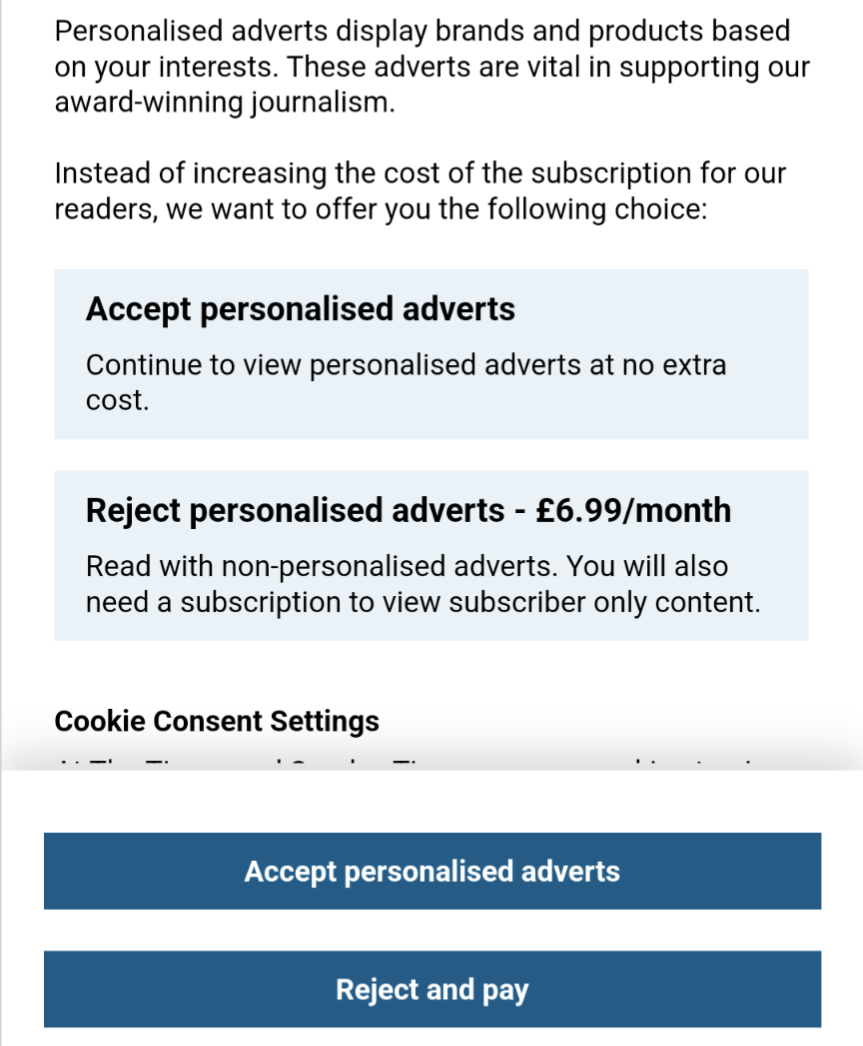this post was submitted on 30 Aug 2024
279 points (99.3% liked)
196
18458 readers
271 users here now
Be sure to follow the rule before you head out.
Rule: You must post before you leave.
Other rules
Behavior rules:
- No bigotry (transphobia, racism, etc…)
- No genocide denial
- No support for authoritarian behaviour (incl. Tankies)
- No namecalling
- Accounts from lemmygrad.ml, threads.net, or hexbear.net are held to higher standards
- Other things seen as cleary bad
Posting rules:
- No AI generated content (DALL-E etc…)
- No advertisements
- No gore / violence
- Mutual aid posts are not allowed
NSFW: NSFW content is permitted but it must be tagged and have content warnings. Anything that doesn't adhere to this will be removed. Content warnings should be added like: [penis], [explicit description of sex]. Non-sexualized breasts of any gender are not considered inappropriate and therefore do not need to be blurred/tagged.
If you have any questions, feel free to contact us on our matrix channel or email.
Other 196's:
founded 2 years ago
MODERATORS
you are viewing a single comment's thread
view the rest of the comments
view the rest of the comments

Whether targeted ads work for actually getting more revenue per ad impression is debatable. Those selling the surveillance infrastructure want you to think that they do, of course, though it has not been impartially shown that an ad targeted at someone whose browsing history, credit card purchases and TV viewing digest that they’re in the target demographic for a product get more conversions than a context-based ad (i.e., if you’re selling gym shoes, buying untargeted ads on fitness forums and such).
As someone who works in advertising, that is partially true, but also not the complete story...
Data brokers want you to believe that the more data you have the more likely your ads are to be successful, but in reality it's not about the amount of data but the quality of the data. If you have someone who has looked at reviews of gym shoes/different models on different stores, then that data is pretty valuable as you can focus on getting them to buy from your store or try and advertise models at the top of their budget, which will likely lead to a higher ROI than just advertising on fitness forums (note it is super hard to get the balance between tipping people over the line to buy and advertising them something they were already going to buy/had already decided against - Google particularly are absolutely terrible at this, but also do evaluation in house, so they'll misrepresent to advertisers that your ad which showed up one link above your non-sponsored link made 100% of the difference in getting the purchase). Similarly, if you have data that someone is active on a car audio forum and recently bought a specific model of car, you can advertise kits/speakers specifically to that car, which is better than just advertising "hey, we make audio upgrade kits for [specific car/cars in general] on a forum/related site".
This also makes advertising one of the few situations where using ML actually makes sense - there's huge amounts of data (way more than a person can consider) to come in, and patterns which lead to good results (someone purchasing something) or bad results (someone not purchasing something). It's not worth a human targeting every single microcategory, but if an ML model can pick up that advertising to (eg) people who have recently purchased cameras who are interested in triathlons and often visit areas with with high rainfall makes them more likely to buy your specific aftermarket lens hood, then it makes buying the ads so much more worth it and also lets you extrapolate onto other microcategories which may also have similar results, and if they don't then that updates the model.
Generally data is less useful for awareness campaigns (ie "next time you're in the supermarket/in the business for x, buy our brand" type of campaign), especially if it's already on a relevant site, but it's still somewhat useful if someone is reading on a (trustworthy) news site or watching an ad-supported streaming service, however purchase data & activity data is still useful for showing more relevant ads, as while 90%+ of people on a fitness forum are going to be into fitness, I don't think 90%+ of general site visitors or tv show viewers are going to be into anything specific enough to make it worth it to advertise it.
I used to work for a big data company and internally we acknowledged that for the targeting to be truly effective we'd have to do a truly creepy amount of behavior analysis. The fact that ads don't really drive clicks is a dirty little secret in the industry.
I feel like its also pretty easily spotted / avoided / defeated, after a very small amount of knowledge about the industry is understood. Unless there's an Ad-agent assigned to individuals, I can't see there being an ad targeted towards me that I wouldn't immediately note as such.
Like I said, they'd need an agent assigned to a small amount of people. If AI has shown us anything, its that its severely lacking in the "I" part in almost every context.